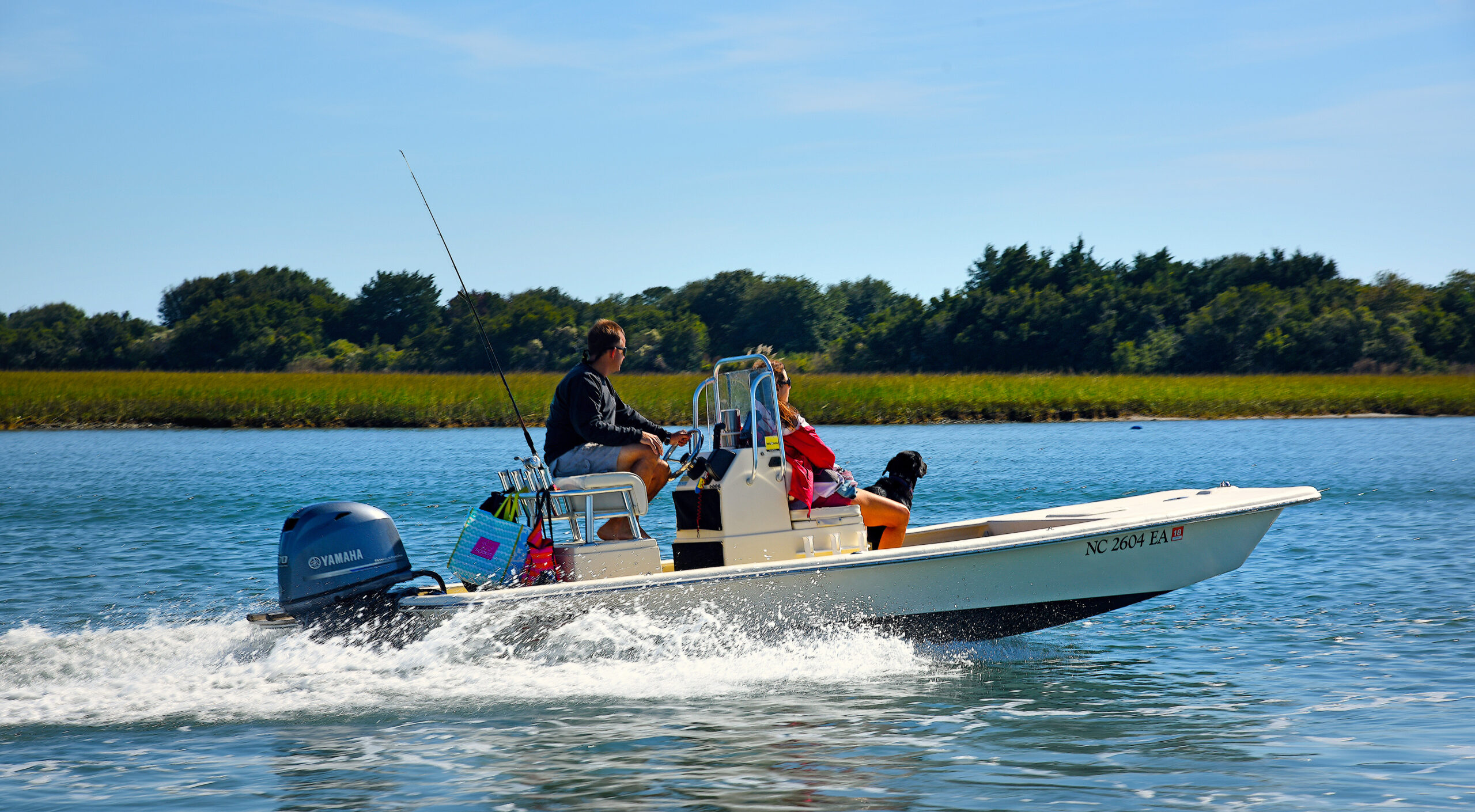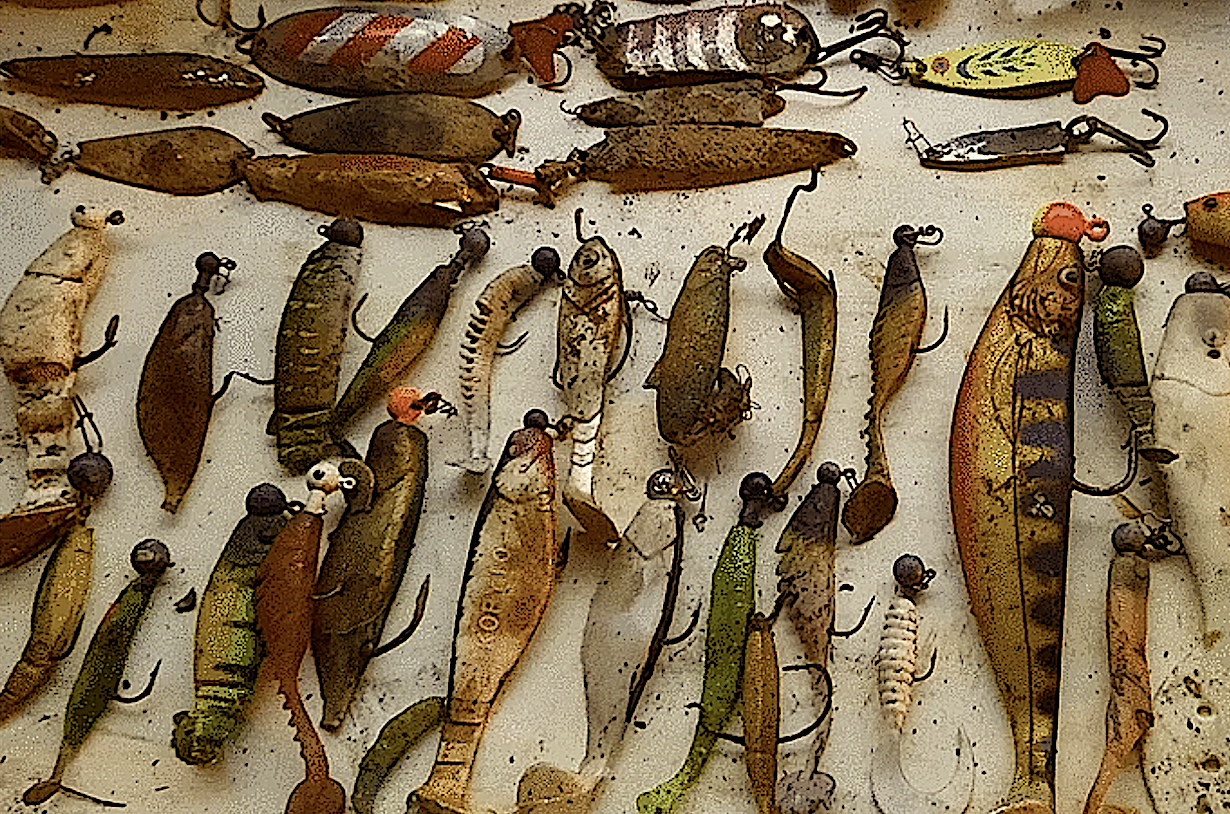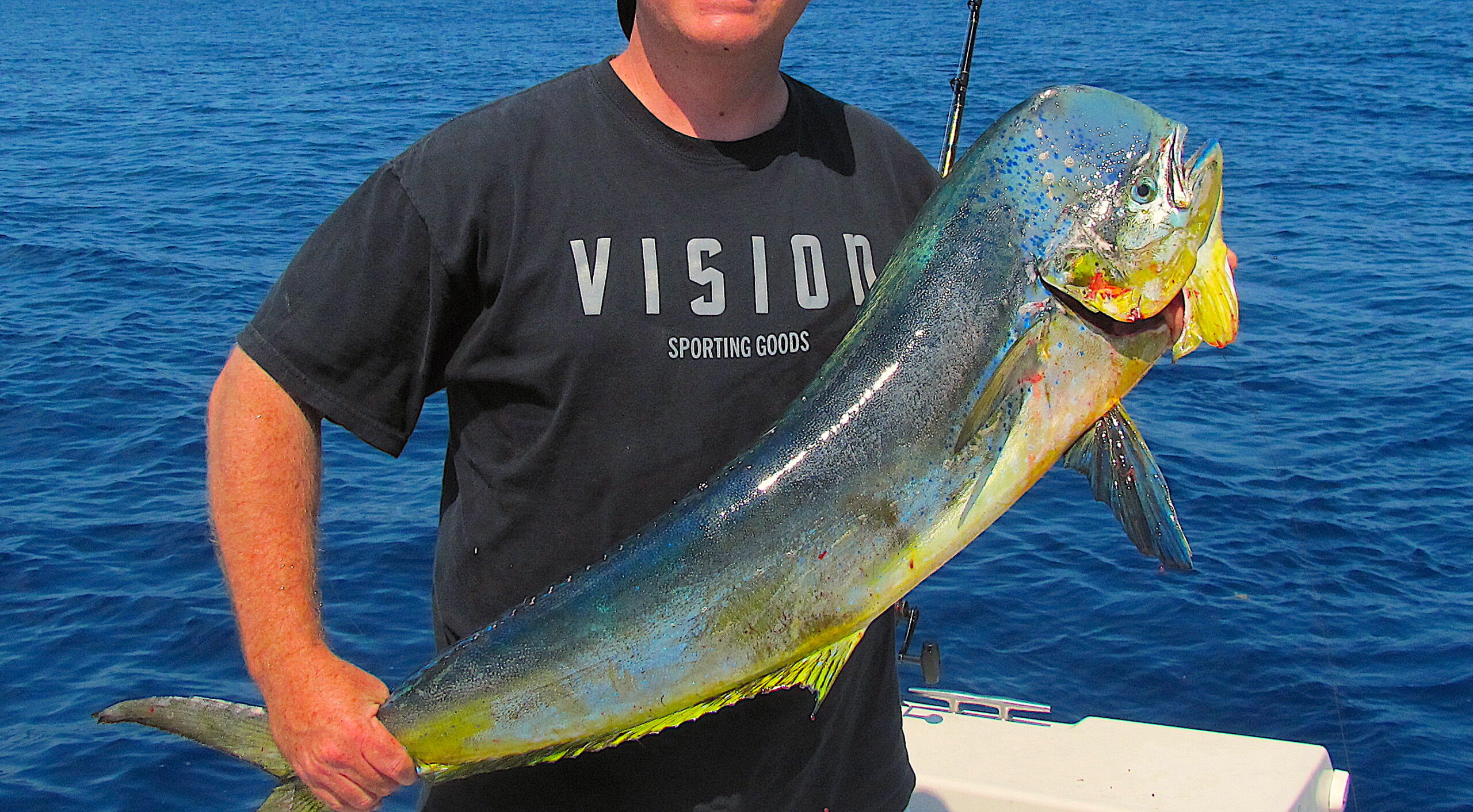Can Fish Compete with Man-Made Noise?
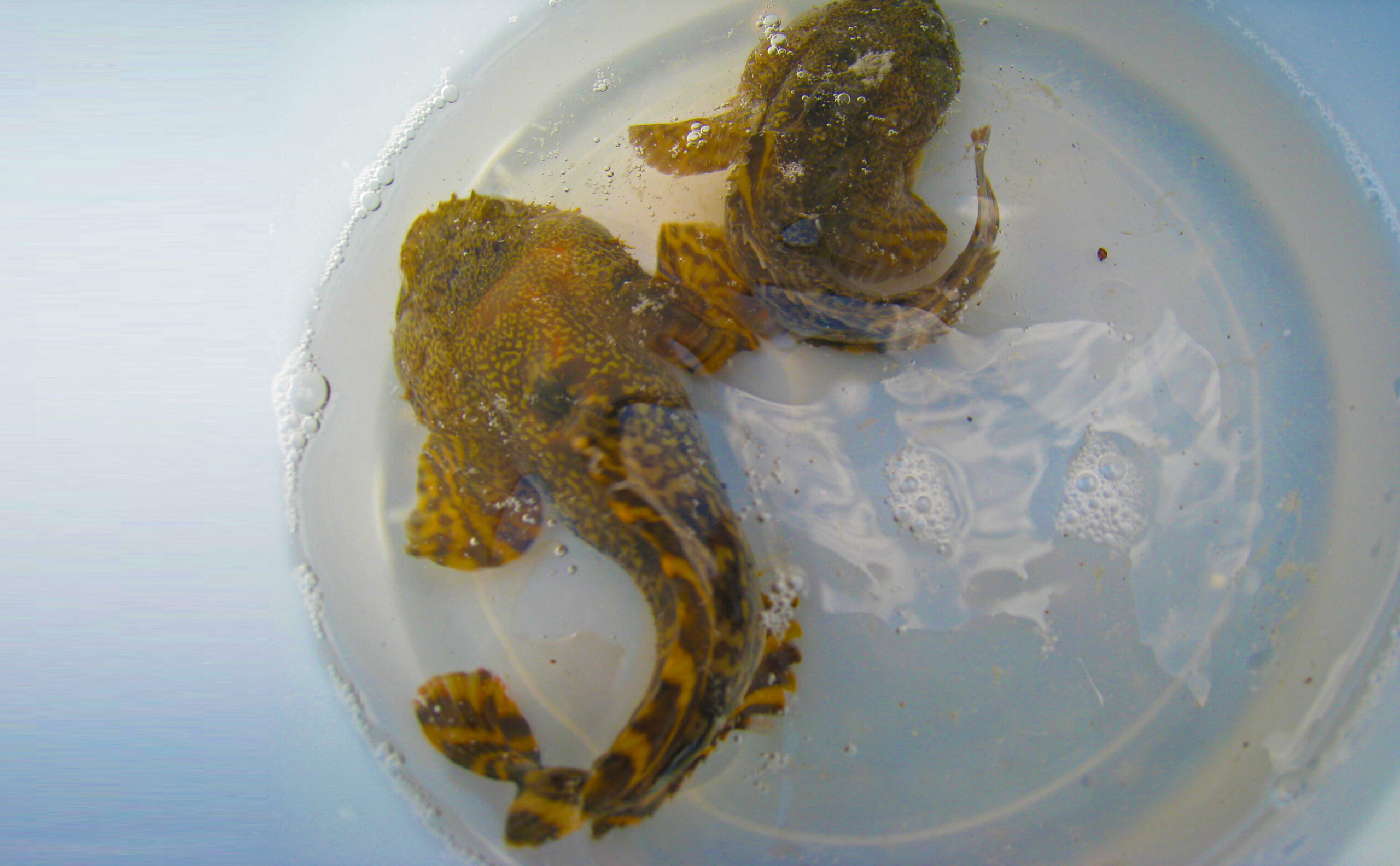
For the Oyster Toadfish, Boat Noise Impacts Communication
Research Need
Lots of things, both natural and man-made, create noise underwater: waves, marine life, shipping traffic and, yes, sport-fishing boats. All these things can make it tough for a fish to perceive predators or prey, communicate, and interpret the surrounding environment, particularly at a distance. As man-made underwater sound increases in many places, it is important to understand the potential impacts of such sounds on marine and freshwater fishes at the individual and population level — and on their acoustic habitat.
What did they study?
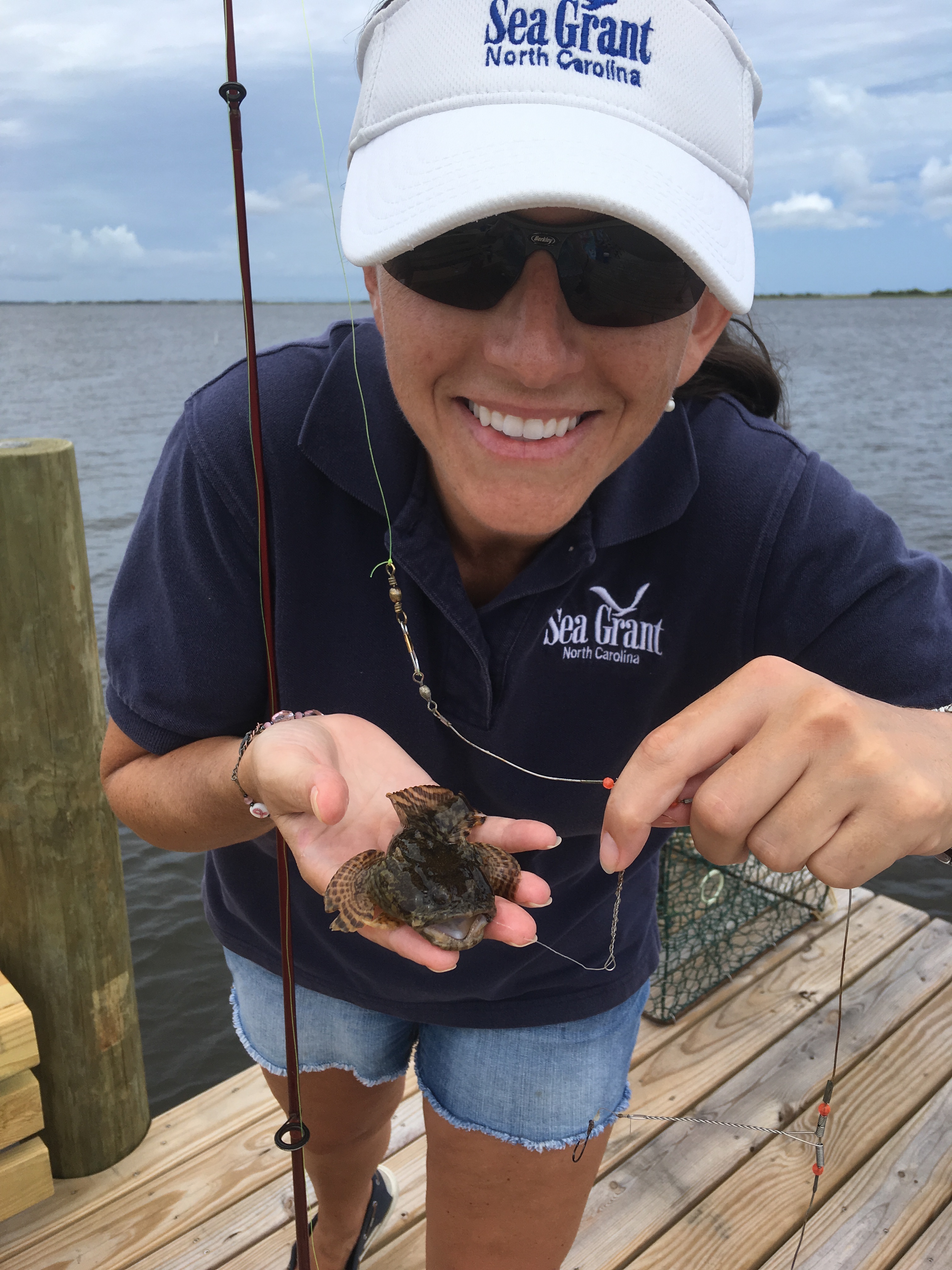
Researchers conducted nighttime field playback experiments to test for the ability of oyster toadfish (Opsanus tau) to respond to and overcome man-made and natural sounds. Fish “dens” — cement block shelters — were established so toadfish would take up residence at a noisy site (Newport River) and quiet site (Jarret Bay), locations where researchers then could record fish vocalizations. The noisy site had high levels of observed boat activity (over 100 vessels per day), while the quiet site had low levels of boat activity (less than 25 vessels per day).
The research team also observed responses from fish after the team played recordings of six types of sound (snapping shrimp, inboard vessel motor, outboard vessel motor, low- and high-frequency bottlenose dolphin sounds, and inboard vessel motor noise in combination with low-frequency dolphin sounds). Hydrophones — underwater microphones — measured fish vocalizations. Researchers repeatedly compared the average strength of the vocalizations before, during, and after the playback periods to ensure their findings were scientifically rigorous.
What did they find?
Fish may compensate for a noisy underwater environment by amplifying their vocalizations (what researchers call “the Lombard effect”) and by altered call rates. When experiencing vessel noise alone, oyster toadfish increased vocalizations by an average of 8.5 decibels (dB); however, most vessels passing the dens increased peak ambient noise levels by 14.6 dB. In a busy vessel channel, oyster toadfish may be unable to effectively compensate for the increased noise. When researchers introduced the sound of dolphins — a natural predator — oyster toadfish decreased their calling rates, and they stopped calling altogether when the dolphin sounds accompanied vessel noises.
What else did they find?
Oyster toadfish near a busy boat channel have lower reproductive success, producing fewer embryos than toadfish with nesting sites in quiet areas.
Reading
Luczkovich, J.J., Krahforst, C.S, Kelly, K.E., and Sprague, M.W. (2016). “The Lombard effect in fishes: How boat noise impacts oyster toadfish vocalization amplitudes in natural experiments.” Proceedings of Meetings on Acoustics, Vol. 27, 010035.
Summary compiled by Sara Mirabilio
Lead photo: oyster toadfish, courtesy of NOAA
Side photo: Sara Mirabilio, North Carolina Sea Grant fisheries extension specialist, with oyster toadfish in hand
The text from Hook, Line & Science is available to reprint and republish at no cost with this attribution: Hook, Line & Science, courtesy of Scott Baker and Sara Mirabilio, North Carolina Sea Grant. HookLineScience.com
- Categories:

